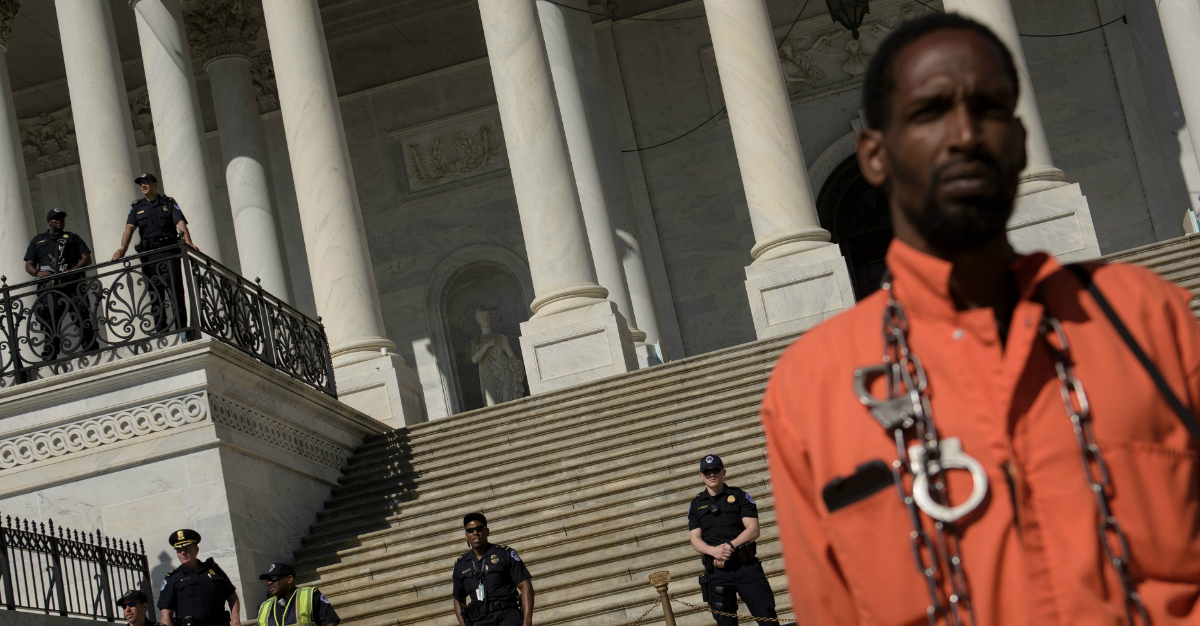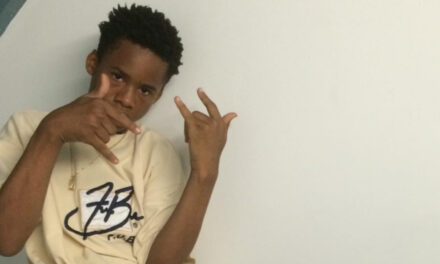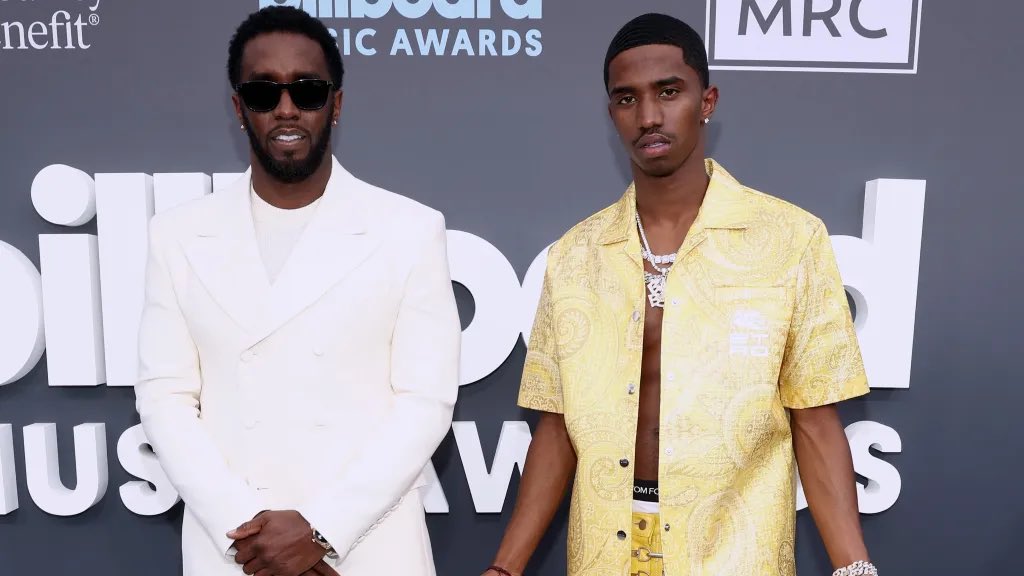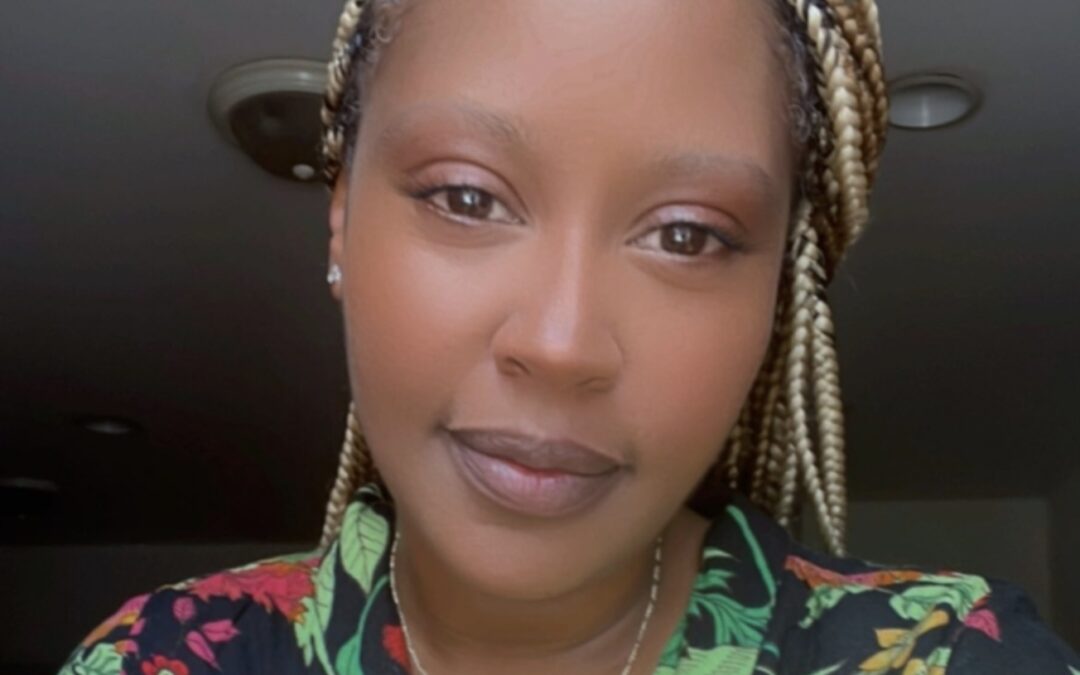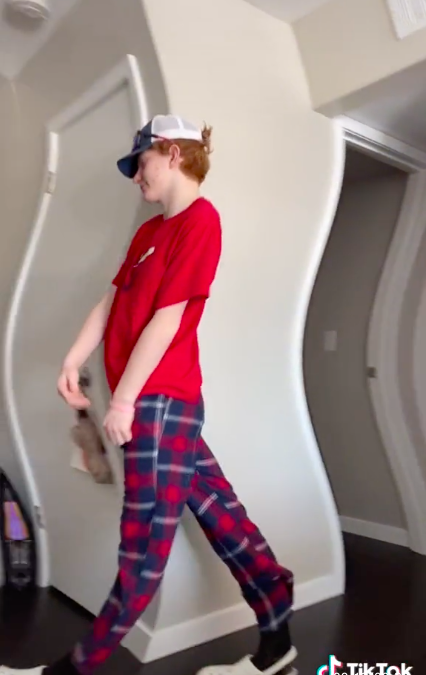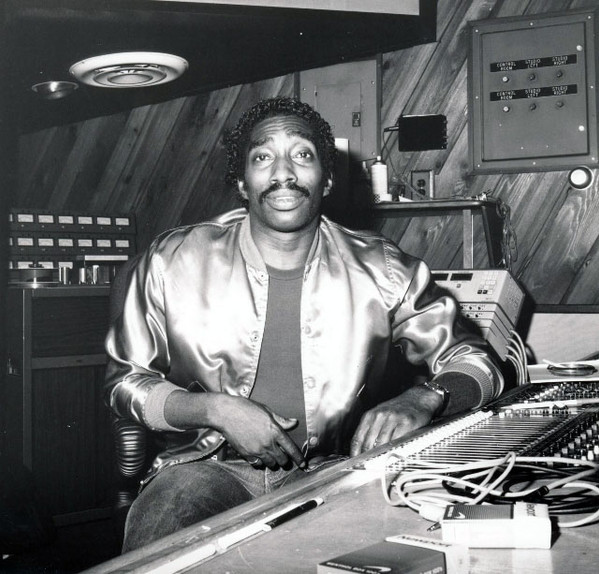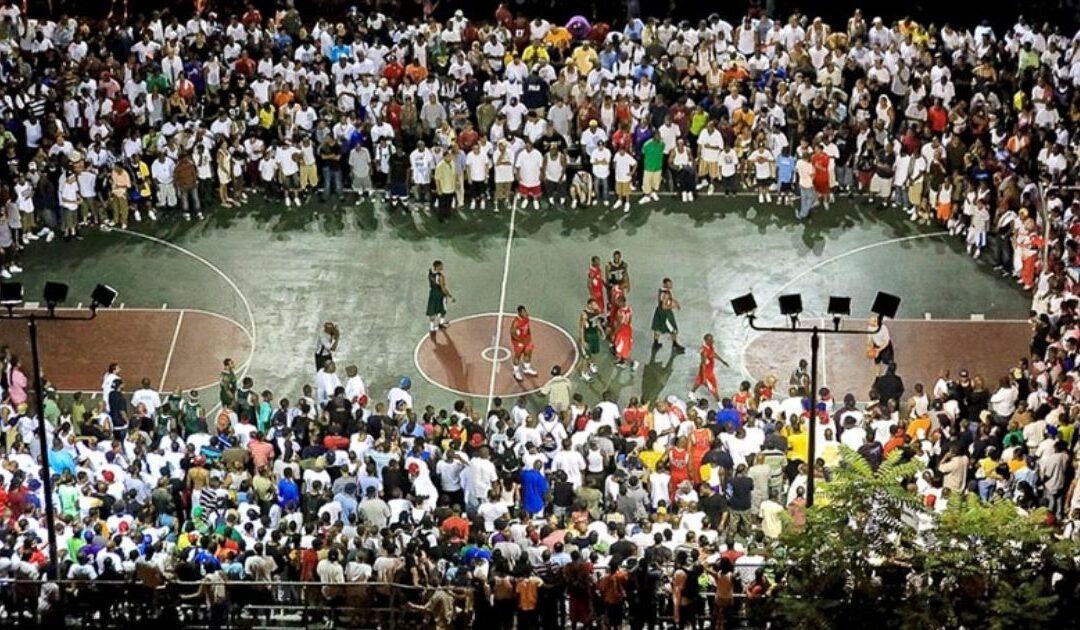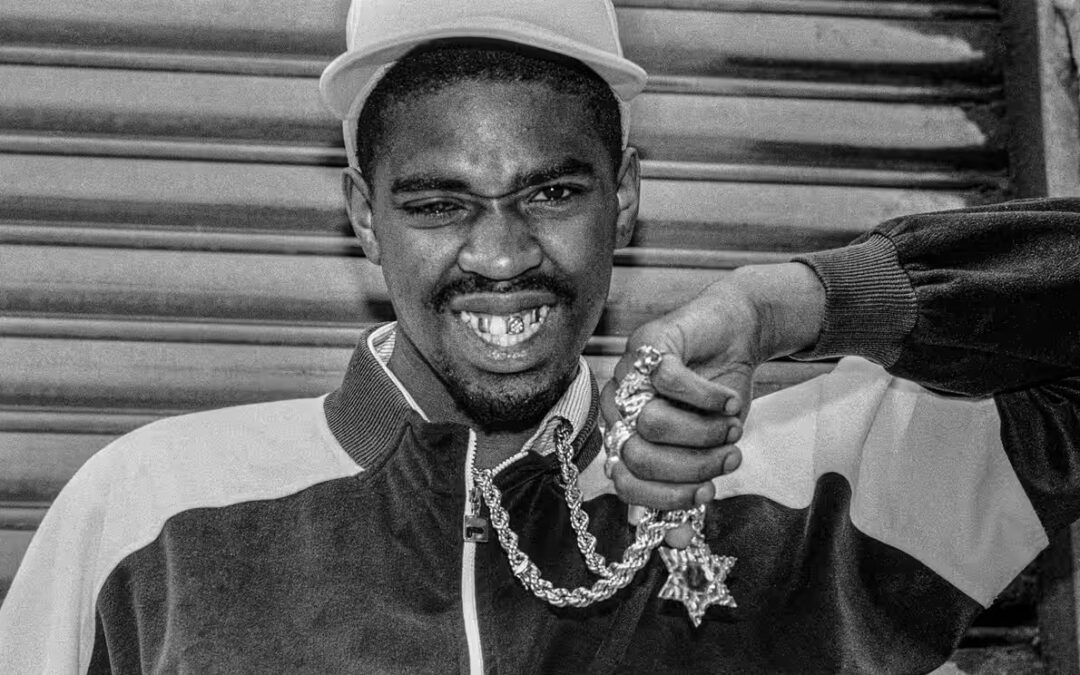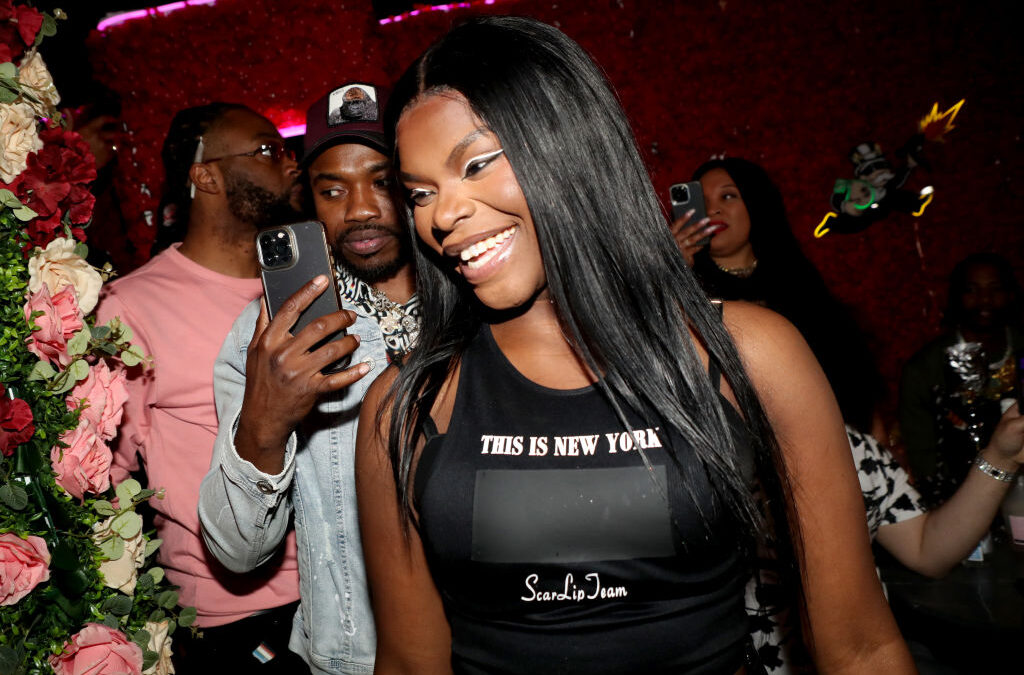[introImage id=151754 caption=”Credit: Ezra Shaw/Getty Images”]
Since its inception, United States’ court system relationship with minorities, particularly African-Americans, has been heavily flawed. One could easily argue that the roots of the conflict date back to the beginnings of American slavery, as the prison industrial complex as it exists today holds many parallels to slavery. In fact, the 13th Amendment of the U.S. Constitution stipulates that slavery and involuntary servitude may exist under the condition that it is punishment for a crime. There is no shortage of aspects of the prison system that reflect similarities to slavery, such as the Prison Industry Enhancement Certification Program (PIECP). One such aspect is related directly to hip-hop, an art form that originated distinctly in African-American culture and one that pervades minority communities in the United States. A close observation of the histories of existing power structures may reveal deeply rooted flaws of the American criminal justice system, and its history with hip-hop over the years helps to illustrate a snapshot of those flaws.
The genre of hip-hop has only been in existence for a few decades, but rap lyrics have been used as evidence in court as early as 1991, and have frequently been interpreted by prosecutors as confessions of guilt or knowledge of a particular crime. The legitimacy of this practice has been widely debated, as many believe that using rap lyrics to incriminate an individual is an infringement on protections granted by the First Amendment, which states the following:
Congress shall make no law respecting an establishment of religion, or prohibiting the free exercise thereof; or abridging the freedom of speech, or of the press; or the right of the people peaceably to assemble, and to petition the Government for a redress of grievances.
[ad type=”ad1″]
The first instance of this practice was seen in a case known as United States vs. Foster. The defendant, Derek Foster, was accused of trafficking narcotics, specifically cocaine and PCP, in 1991. Lyrics he had written in a personal notebook were found and used against him in his trial. At the time of his arrest, Foster was stopped by several members of the Drug Enforcement Administration task force as he was exiting an Amtrak train at a Chicago train station. The two new-looking, hard-sided suitcases had caught the attention of DEA agents on the train, who stopped Foster to ask for a moment of his time.
At the request of the agents, Foster identified himself and produced a driver’s license, but noted that he had lost his train ticket. Foster denied ownership of the two suitcases, claiming that he agreed to carry them from the train to the baggage claim area for a fellow passenger. However, Foster did claim ownership of a blue duffel bag he was carrying, which he offered them to inspect. The duffel contained clothes, a beeper, a notebook, and train tickets for one-way travel from Los Angeles to Chicago and from Chicago to Rockville, Maryland.
Upon inspection of the notebook, agents found notes concerning weights, money, and names. Along with those notes, agents found what court documents refer to as a “verse”, which read, “Key for Key, Pound for pound I’m the biggest Dope Dealer and I serve all over town. Rock 4 Rock Self 4 Self. Give me a key let me go to work more Dollars than your average bussiness [sic] man.”
Upon inspection of the two suitcases at the DEA station office, agents found two five-gallon cans of liquid PCP and a kilogram of cocaine. Foster was then placed under arrest, and after signing a waiver of his rights, he told a different story of how he obtained the suitcases. Foster said that a friend offered to pay him for transporting the suitcases from Los Angeles to Rockville, but did not reveal if he knew what he was transporting.
The case boiled down to the issue of whether or not Foster knew what was in the suitcases, to which the prosecution tried to use the verse found in the notebook as evidence of his knowledge of what was in the suitcases, as they argued it contained proof of his familiarity with drug trafficking. According to court documents, Foster argued that the lyrics were fictional:
Foster attempts to destroy, or at least diminish, the relevance of the verse by claiming that it was written for eventual incorporation into a rap song. These are rap lyrics, he claims. They have artistic value. They are fiction, just like Dashiel Hammett’s description of violent acts in The Maltese Falcon. And as such, they cannot be relevant to his guilt.
Foster was ultimately sentenced to 151 months in prison and a five-year term of supervised release afterwards. The lyrics written down in Foster’s notebook could have very well been a determining factor in the case, as they were a central topic of discussion within the court documents. Racial profiling was also a subject brought up by Foster in his defense, but it was largely dismissed by the court as a negligible factor in the case. This was the first documented case of rap lyrics being used by the prosecution, but was certainly not the last. Just a few years later, rap lyrics were used to support a sentencing enhancement to two individuals on a conviction of second degree murder.
In March 1992, a man by the name of Cesar Olguin spray-painted “BSSR FTR El Cisco”, which referred to the South Side F Troop street gang of Santa Ana, California, and his alleged nickname, El Cisco. In court documents, the tag was described as a territorial claim, so when he later found the tag to be crossed out with the tag of another gang, Shelley Street, written next to it, Olguin interpreted it to be a sign of disrespect and a challenge to his claim.
Two other Southside gang members, Francisco Mora and Jesse Hilario, agreed to accompany Olguin in search of who crossed out the original tag. Unbeknownst to the others, Olguin had a loaded handgun tucked in his waistband, hidden by his coat and shirt. Around the area of Shelley Street, the group encountered an individual who they asked if he belonged to the Shelley Street gang. He said no, but when asked if he had crossed out Olguin’s tag, he said that a relative of his did it.
The Southside group started to walk away. At this time, the cousins of the individual, April and John Ramirez, walked by and learned what had just transpired. John Ramirez started following the three Southside members, yelling “Shelley Street”, to which they responded by turning around and yelling “Southside”. A heated confrontation took place, which involved Mora punching Ramirez in the face, knocking him down. As others began to move towards Ramirez to give him aid, he stood up and started walking towards the Southside group. Olguin then pulled his gun from his waist, killed Ramirez with a single shot to the chest, and ran away with the two others in his group.
Three weeks after the crime, Mora’s house was searched, where law enforcement officers found lyrics that are described as “admissible against Mora”. The raps included Mora’s rap moniker, “Vamp”, and also included raps suspected to be by Mora, under the rap moniker “Franky”. Court documents state the following about the lyrics that were found:
Regardless of whether these lyrics were written before or after the killing, they were adequately authenticated as the work of Mora. As such, they demonstrated his membership in Southside, his loyalty to it, his familiarity with gang culture, and, inferentially, his motive and intent on the day of the killing. The trial court properly admitted them, carefully limiting them to those purposes.
Olguin and Mora ended up being convicted of second-degree murder for the killing of John Ramirez, along with firearm and street gang enhancements. Compared to The United States vs. Foster case, rap lyrics may not have played as pivotal role in their conviction, but it’s still shocking how far creative work can be taken in a court of law. Hip-hop has long been characterized by exaggeration and fabrication for creative purposes, so when firm judgements are derived from such lyrics in court, objective justice is undermined. For example, if Olguin had in fact not been in the Southside gang and only aspired to be, rap lyrics could have hypothetically convinced a jury, judge, or prosecution of his allegiance or involvement if he had written down a fictional rap.
Unfortunately, rap lyrics have been used to incriminate more than just potential drug traffickers and murderers. In 2011, an 18-year old student Taylor Bell received a seven-day suspension and was forced by his high school to attend an alternative school for the remainder of a school term after posting a rap song to Facebook and YouTube under the rap name T-Bizzle.
Shortly before Christmas of 2010, several of Bell’s female classmates told him about how two of the schools athletic coaches, Michael Wildmon and Chris Rainey, had sexually harassed them. The classmates said that the coaches had inappropriately touched them and made sexually explicit comments. Over the winter break, Bell made wrote and recorded a rap titled “P.S. Koaches The Truth Needs to be Told,” in which he calls out the actions of the two coaches in an aggressive manner. The rap included lyrics like “Looking down girls’ shirts / drool running down your mouth / you f**king with the wrong one / going to get a pistol down your mouth / Boww,” and “betta watch your back/I’m a serve this n**ga, like I serve the junkies with some crack.”
After the school caught wind of the song, Bell was subject to a disciplinary hearing. Even though female classmates presented letters at the hearing that corroborated the claims made in Bell’s song, he was eventually suspended for seven days and sent to an alternative school for the remainder of the nine-week grading period.
In February 2011, Taylor Bell filed an action in the United States District Court for the Northern District of Mississippi claiming that the School Board violated his First Amendment rights by disciplining him for his off-campus actions. Bell ended up losing the case, with the reasoning being heavily reliant on a past case known as Tinker v. Des Moines Independent Community School District (Tinker). This case had to do with a group of Des Moines high school students being suspended for wearing black armbands to school that signified a support of a truce in the Vietnam War. The district court ruled in favor of the school’s choice to discipline their students.
[ad type=”ad2″]
Although Taylor Bell was never actually incarcerated, his case is just an example of how unprotected hip-hop is by the First Amendment in a court of law. Court documents for Bell’s case express at length how his song was never intended or used to disrupt the school setting and practically suggested that no such disruption ever really existed. Even though the song had aggressive content, it was made in criticism of a very serious issue happening at the school, which could be seen as the same kind of virtue that the First Amendment intends to protect.
These three instances are just a few of the potentially thousands of cases where rap lyrics are used in trials, indictments and hearings over the years.
In 2014, rapper and activist Killer Mike penned an op-ed piece for USA Today, in which he spoke on the justice system’s expanding prosecution of rap music and related it to the commonly-held belief that rap music is a threat to society, noting the 2012 shooting of teenager Michael Dunn. Killer Mike argues the contrary, saying that rap music is commonly a means of escaping the very threats that are perceived to be presented by it. Killer Mike sums up his thoughts concisely in two paragraphs towards the end of the article:
No other fictional form — musical, literary or cinematic — is used this way in the courts, a concerning double standard that research suggests is rooted, at least in part, in stereotypes about the people of color primarily associated with rap music, as well as the misconception that hip-hop and the artists behind it are dangerous.
In fact, the history of hip-hop tells a very different story. In its formative years, for example, it was explicitly conceived by many as an alternative to the violent gang culture that consumed cities like New York. Since then, it has offered countless young men and women opportunities to escape the poverty and violence in America’s urban centers. As rapper Ice T once put it, “If I hadn’t had a chance to rap, I’d either be dead or in jail.”
Hip-hop as a genre and a culture has arguably never been bigger than it is today, both on a national and international scale. With this being true, the issue of rap lyrics being used in court is now more important than ever. The unfortunate reality of the matter is that the justice system of the United States is deeply flawed, just as many government institutions of that stature are around the world. With the help of advocates, activists, and a unified public voice, progress can slowly be made in implementing a more genuine sense of justice in all areas of the justice system.

